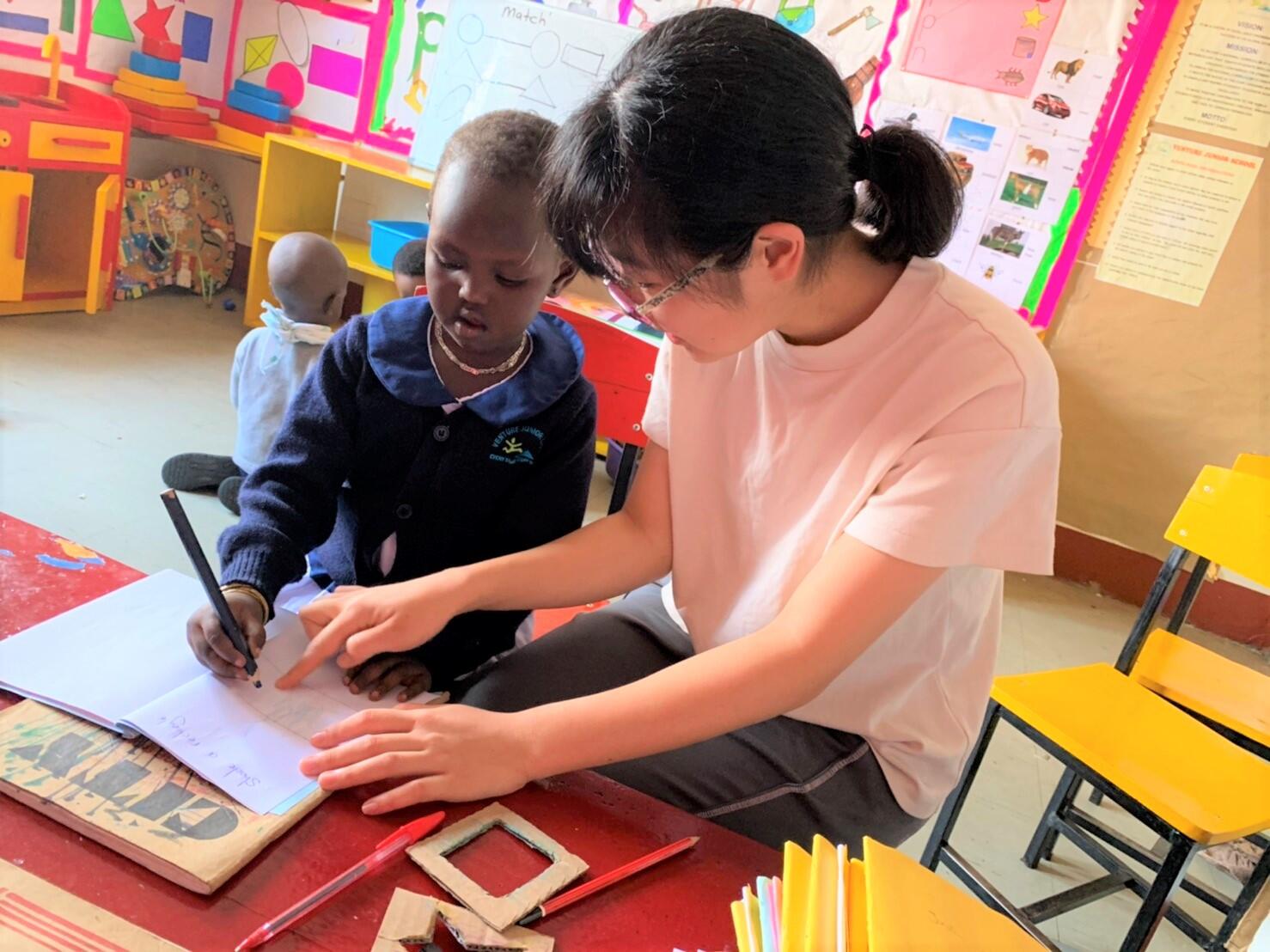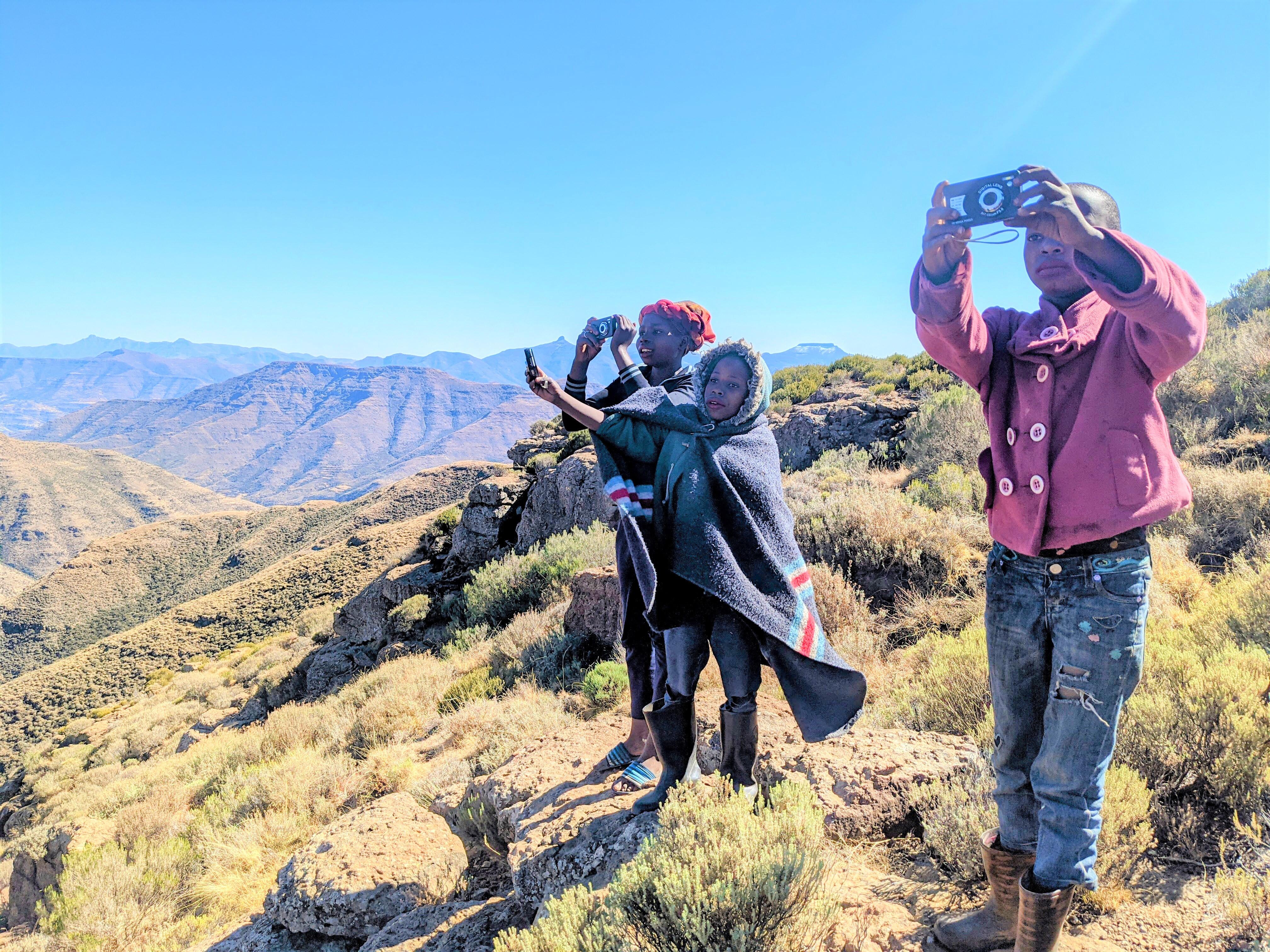International Japanese Studies
International Japanese Studies aims to develop students’ multicultural competence and understanding about Japan.
Students select courses depending on their own interests and needs.
Requirements for the International Japanese Studies cluster (For those who enrolled in or after FY2020)
The minimum requirement for this cluster is 2 credits, and the maximum number of credits that can be included in the Global Program for Japanese Studies from this type is 20 credits. (for those who enrolled in or after FY2020)
| INTERNATIONAL JAPANESE STUDIES | ENGLISH | STUDY ABROAD | REQUIREMENTS (CREDITS) | |||
|---|---|---|---|---|---|---|
| Lecture-type | Seminar-type Project-type |
General English |
Specialized English | Short-term | Long-term | |
| 2-20 | 6-10 | 2-8 | 4-8 | 30 | ||
Requirements for the Gateway cluster (For those who enrolled in FY2016-FY2019)
The minimum requirement for lecture type classes is 1 credit, and the maximum number of credits that can be included in the Global Program for Japanese Studies from this type is 10 credits. As for the Seminar-type and Project-type courses, there is no minimum requirement, and the maximum is 10 credits. (for those who enrolled in FY2016-FY2019)
| GATEWAY | ENGLISH COMMUNICATION | STUDY ABROAD | INTERNATIONAL EXPERIENCE | REQUIREMENTS (CREDITS) | |||
|---|---|---|---|---|---|---|---|
| Lecture-type | Seminar-type Project-type |
Short-term | Long-term | Internship | Volunteer | ||
| 1-10 | 0-10 | 8-24 | 4-8 | 2-4 | 30 | ||
(1) Lecture-type
Lecture-type subjects are selected from 1. English subjects (英語科目), 2. Primary foreign language subjects (初修外国語科目), 3. General Education -International subjects- (国際科目), and 4. Developed General Education subjects (教養展開科目), and they are designated as Global Program for Japanese Studies subjects. Some subjects offered in specialized courses and graduate courses are also included in the Lecture-type cluster.
(2) Seminar-type and Project-type
Some discussion or project-based classes or programs from "Developed General Education subjects (教養展開科目)" are designated as Seminar-type and Project-type subjects in the Global Program for Japanese Studies. Some subjects offered in specialized courses and graduate courses are also included in the Seminar-type and Project-type cluster.
The following courses are launched by "skipwise" program.
Japanese Studies Courses
The aim of courses categorized under the rubric "Japanese Studies" is to teach about the world, using Japan as a case study and vice versa. In Japanese Studies courses, we do not just provide students with foundational knowledge about Japanese culture and society, but we also offer an environment that allows students to reconsider their image of Japan by reflecting on their own experience and cultures and to acquire new perspectives and a deeper awareness of a variety of global phenomena.
Instructors Research Reports
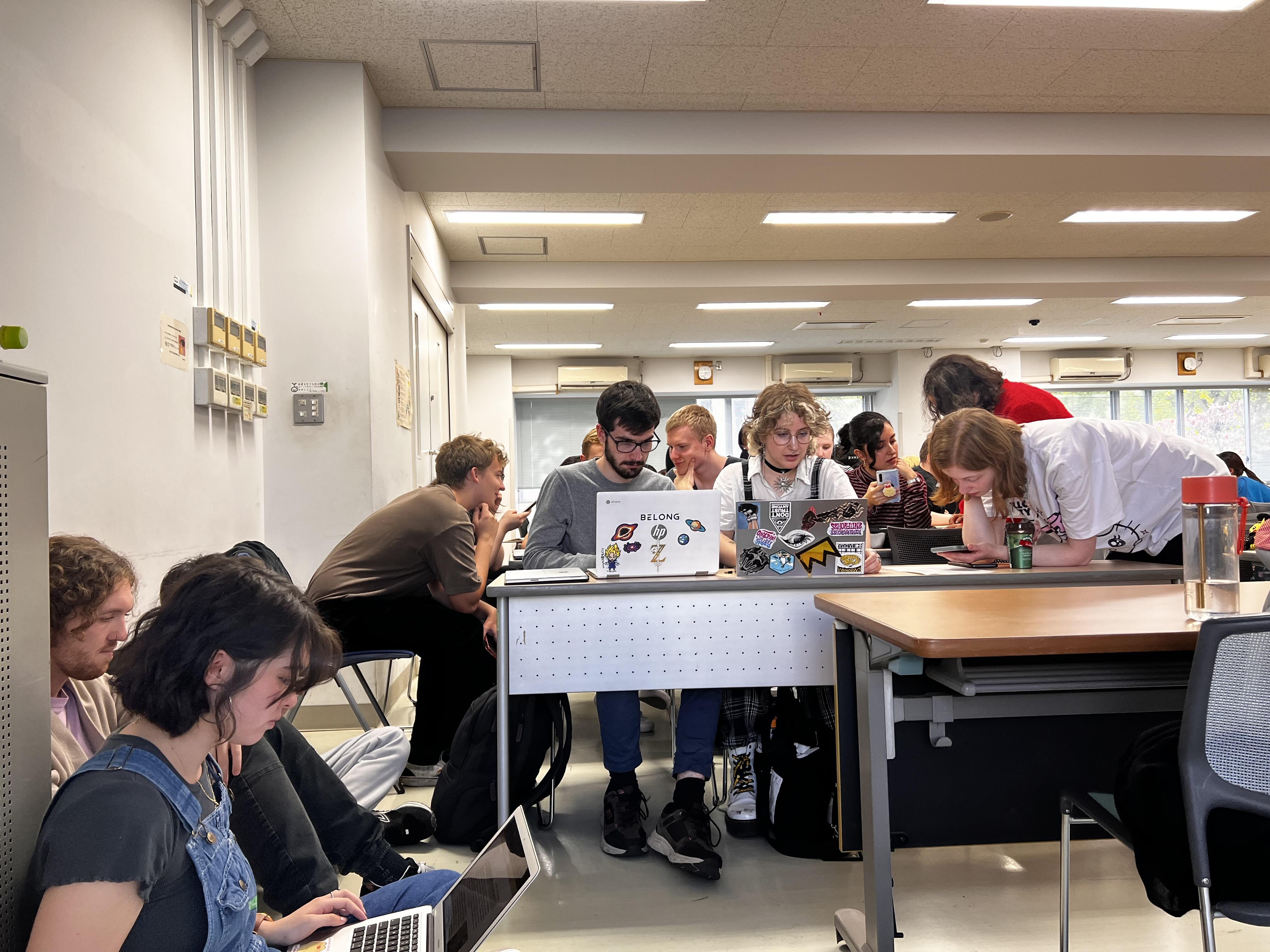
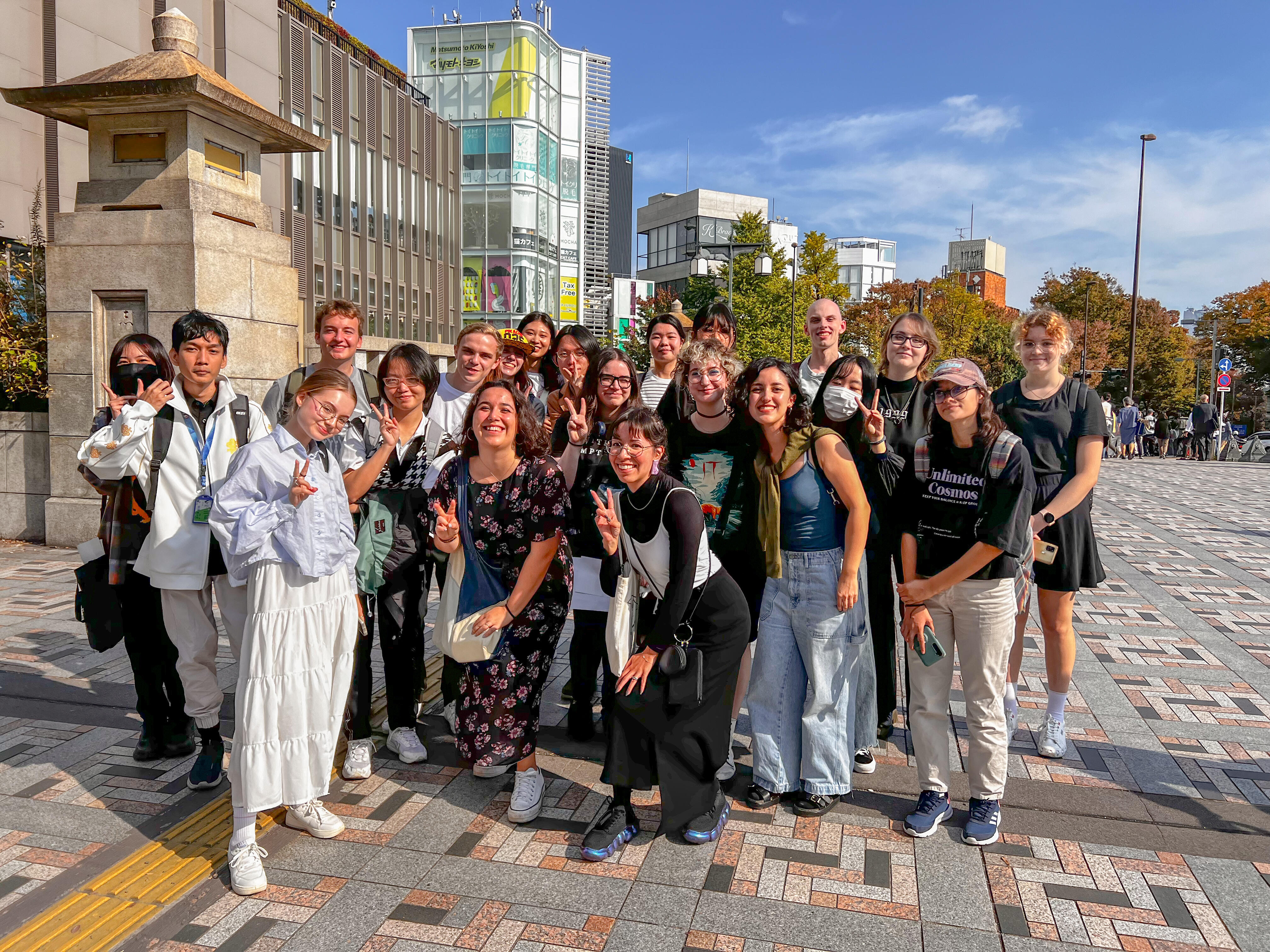
Global Study Program (GSP)
Brief description of the program
Students from Chiba University and our partner universities overseas, irrespective of their personal and cultural background, participate in fieldwork and workshop sessions to collaboratively work on devising solutions to a set of practical issues. The key concept of Global Study Program is collaboration. In this program, students will learn how to approach a task from different angles and gain new viewpoints, and understand their culture and the partner university's culture. Global Study Programs emphasize interdisciplinarity, critical thinking and multicultural understanding. These programs are held every year in Chiba and abroad, alternatively.
Leaflet Reports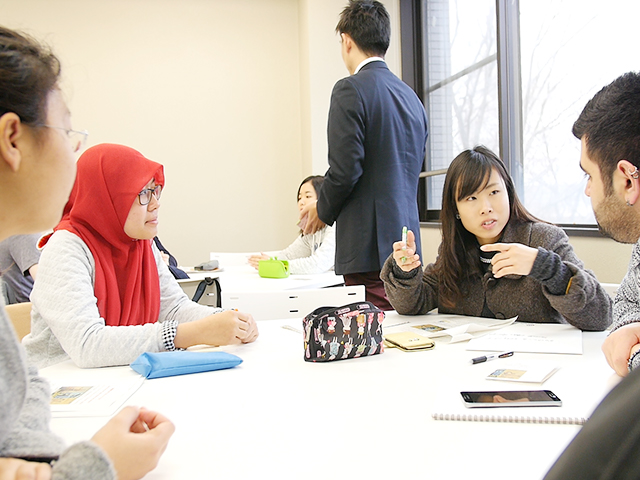
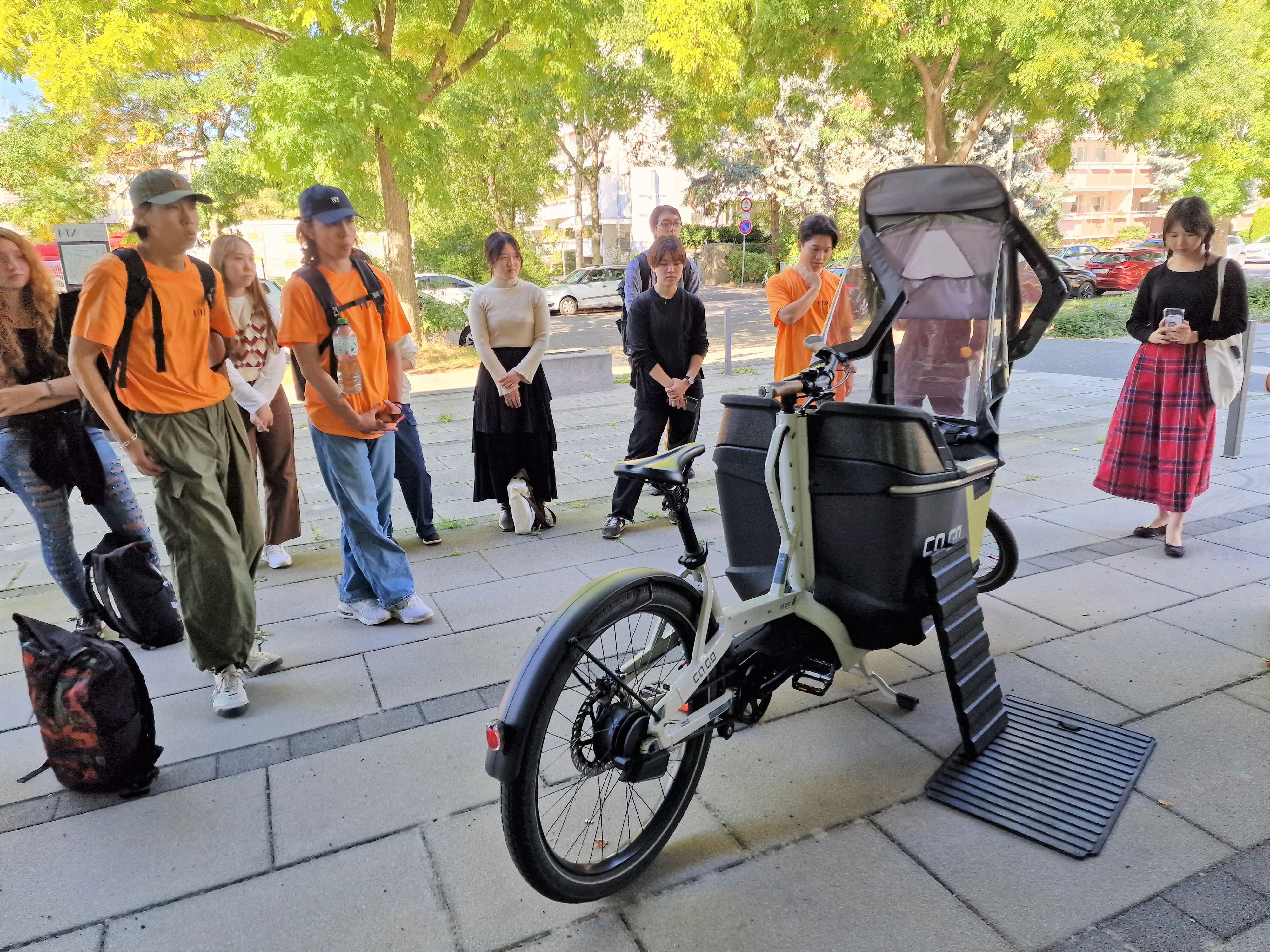
Global Internship Program
Students have practical experience in local companies or NPOs for 2 to 3 weeks, or participate in Project Based Learning in companies to acquire deeper knowledge through exploration of real-world challenges and problems.
Destinations of past programs:
- Indonesia (Culture and language program in University of Indonesia + Internship program in an advertising agency)
- Malaysia (PBL in a financial company)
- Hawaii (Internship about environmental tourism)
- Hong Kong (PBL in a travel agency)
- India (Internship program in an IT company)
- PBL stands for Project Based Learning

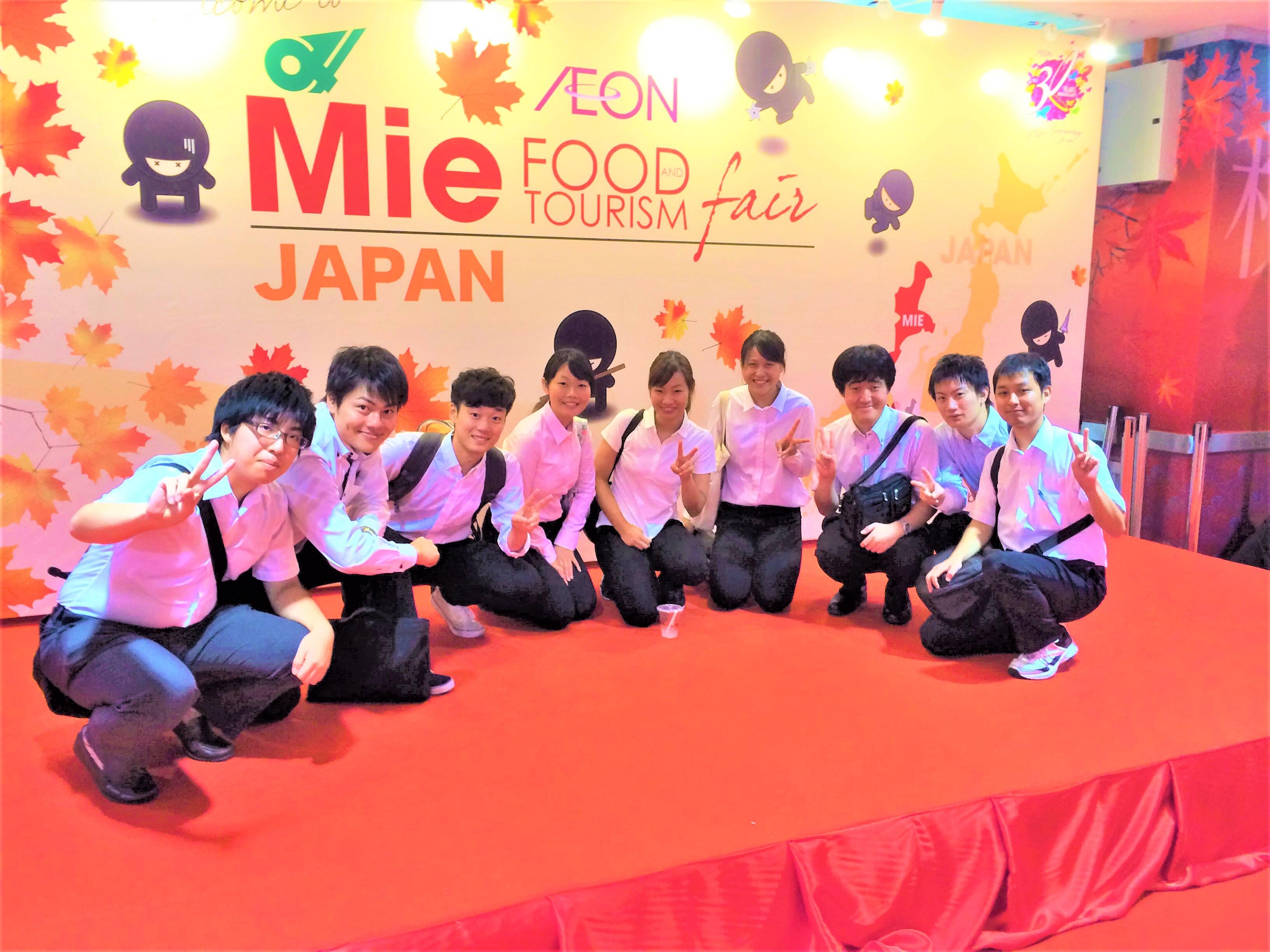
Global Volunteer Program
Students will engage in volunteering in NPOs or international organizations in and out of Japan. Students will have deeper understanding about the issues in global society, and gain practical knowledge and ability to solve problems through interacting with people in those organizations.
Past programs in Japan:
- Volunteering at Narita Airport, support for fair trade events, study support for students with roots in foreign countries, daily life support for volunteers from overseas
Past programs overseas:
- Caring for and playing with disabled children, developing infrastructure, taking care of kids in kindergarten
